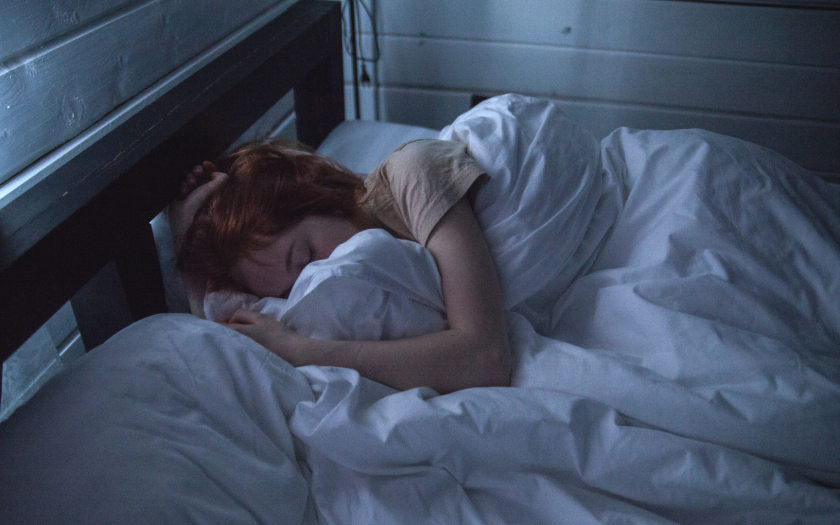Fear and anxiety.
Such serious chronic diseases are often accompanied by anxious feelings, such as fear of the unknown, the risk of infecting others. A person is afraid to tell others about their HIV status. As a result, the feeling of fear intensifies, which causes sleep disturbances.
Negative thoughts.
People with HIV may have negative thoughts about their future or treatment difficulties. Financial problems also affect the emotional state, as there is a problem where to get enough money for the necessary treatment, if it is not paid for by the state. The stress of spending money can be another cause of sleep disorders. Such negative thoughts do not allow the body to adjust to a good night’s sleep.
Peculiarity of HIV.
In this disease, cells with immunodeficiency virus can produce neurotoxins. This leads to sleep problems.
Side effects of drugs.
HIV drugs have their side effects. Many people notice that even after sleeping through the night, they do not feel rested. It is known that most of these side effects appear within a few weeks after starting the drug.
Unpleasant symptoms of HIV.
HIV can be accompanied by various unpleasant symptoms:
- peripheral neuropathy;
- unpleasant sticky sweat at night;
- fever;
- headache.
At manifestation of these symptoms the person feels discomfort. As a result, healthy sleep is disrupted.
Manifestations of apnea.
Sleep apnea is a condition characterized by periods of shortness of breath during sleep. There are many studies that show that HIV can cause enlargement of the tonsils and adenoids, especially in those who are not being treated or have severe disease. As a result, shortness of breath may occur during sleep and the person wakes up.
Lack of vitamins.
Deficiency of vital substances affects the quality of your sleep. Lack of any vitamin or trace element can lead to sleep disorders. With HIV, the body weakens and during this period it is necessary to take vitamin complexes.
Sleep is an important part of a healthy lifestyle, especially for people living with HIV. When sleep is disturbed, the body’s immune response is reduced by three times. When we sleep, various immune proteins are produced and fight nasty infections and viruses. As the body’s immune system weakens with HIV, sleep disorders worsen a person’s health.
For its own reproduction, HIV uses the same cells that the body uses to fight infection. The human immunodeficiency virus causes infected cells to die faster and signals other cells to die faster.
So, if you have been diagnosed with HIV and find it difficult to fall asleep, talk to your doctor who will help determine the cause of your discomfort. The importance of healthy sleep should not be underestimated.
Remember, a healthy lifestyle can strengthen the immune system and avoid deterioration.

